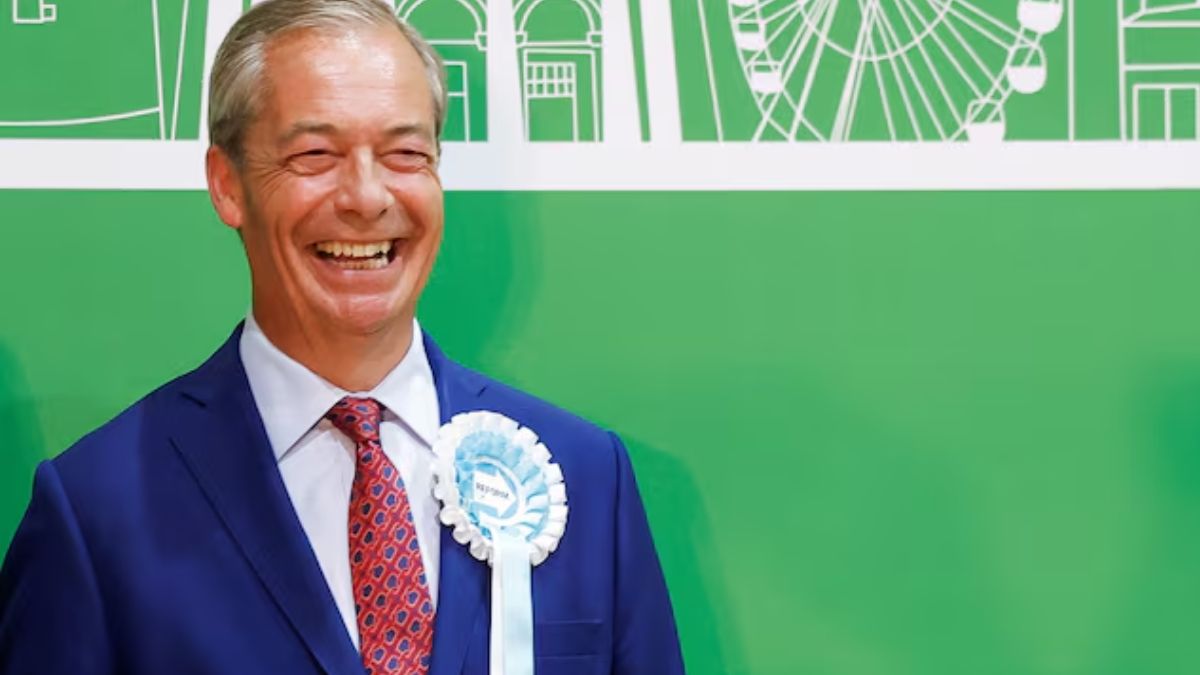Nigel Farage, the leader of Reform UK, sought to soften his stance on immigration and present a more pragmatic economic agenda as his party climbs in polls, coming within striking distance of Labour and the Conservatives.
Farage, 60, who won a Parliamentary seat in July after seven failed attempts, denied that his party’s economic plans would spark market chaos like Liz Truss’ ill-fated 2022 mini-budget.
Acknowledging the “big initial cost” of his proposals, he promised an approach focusing on spending cuts alongside tax reforms, Bloomberg reported.
On immigration, Farage said Reform UK is “pro-control,” distancing himself from earlier campaigns that drew criticism for inflammatory rhetoric. “We are not putting up the barriers entirely,” he said during an interview in London’s financial district.
He said UK will need highly-skilled people from other parts of the world to lead in sectors like tech and crypto trading.
Why Farage has eased his stance
Farage’s comments mark a departure from his past. During the 2016 Brexit referendum, he controversially linked EU membership to an influx of migrants and released a poster widely condemned as stoking anti-immigrant sentiment.
He has since insisted his party is “non-sectarian, non-racist”.
While UK net migration hit a record 906,000 in the year to June 2023, Farage maintained that Reform supports immigration within limits. “There’s still plenty of room for people to come on work visas or, in some cases, settle,” he said, although he did not address how reduced migration might impact sectors reliant on foreign workers, such as health and social care.
Reform UK’s rise in polls reflects its success in eroding Conservative support, with Farage vowing to target Labour next.
The party won five Parliamentary seats in July on 14.3 per cent of the vote but was outpaced by the Liberal Democrats, who secured 72 seats with 12.2 per cent, thanks to a more robust ground campaign.
Impact Shorts
More ShortsFarage said he aims to professionalise Reform UK ahead of the next election, due by 2029.
)